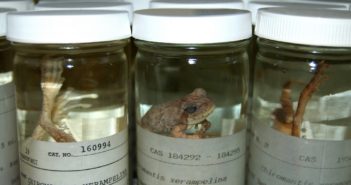
Can Biologists Describe New Species Without Killing Them?
Typically, when describing a new species, biologists kill a member of the species to serve as a physical specimen. It’s time to rethink this practice.

Typically, when describing a new species, biologists kill a member of the species to serve as a physical specimen. It’s time to rethink this practice.
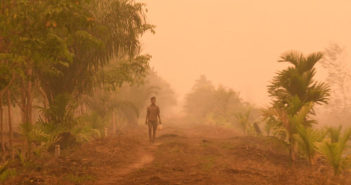
Dr. Andrew Rowan, chief program officer for WellBeing International, discusses the connections between the wellbeing of humans, animals, and the environment.
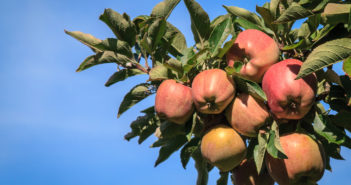
The co-founder of Sadhana Forest discusses the logistics of their food forest development programs and the benefits of plant-based food systems for people, animals wild and domestic, and the environment.
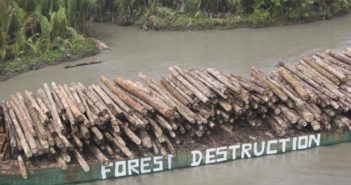
Governments might be able to prevent future pandemics by investing as little as $22 billion a year in programs to curb wildlife trafficking and stem the destruction of tropical forests.
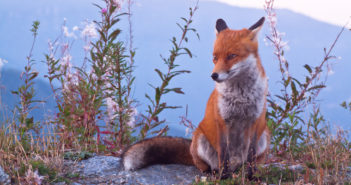
A vegan and animal advocate uses his experience with recently moving to the countryside to work through the difficult subject of wild animal welfare and how humans can best live among wild animals.
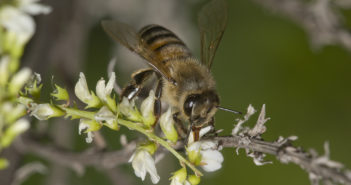
There have been unprecedented declines in pollinator populations in recent years, largely due to pesticide use and habitat loss. Here’s what you can do to help.
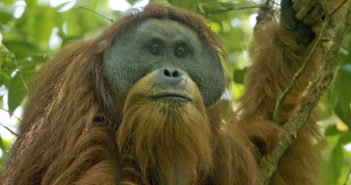
Conservationists say a 510-megawatt hydropower plant that is being constructed on the Indonesian island of Sumatra threatens to further imperil the world’s rarest and most endangered great ape species.
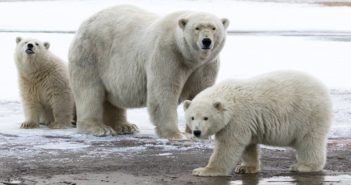
Of the many anti-environmental actions taken by this administration, these 10 policy changes have been most detrimental to wildlife and the places they live.
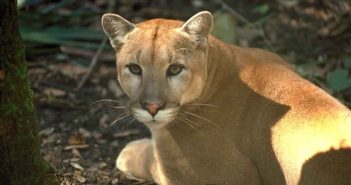
The US House Natural Resource Committee worked to pass five pieces of legislation that aim to address climate change, protect precious wildlife and lands and establish a new National Wildlife Refuge.
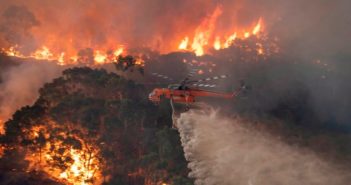
Australia’s bushfire crisis is a reminder that climate change is real and our levels of production and consumption are the cause.
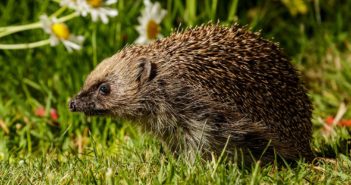
Our society needs a new kind of conservation, one that dispenses with scapegoating and with trying to regulate species numbers through large-scale destruction.
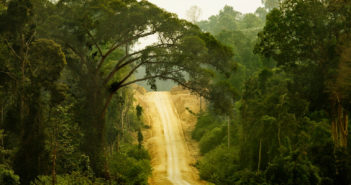
In an interview with the Founder of Health in Harmony, we discuss what happens when rainforest conservation starts out with radically listening to local communities, and when assistance is framed as a thank you from the world for protecting these precious ecosystems.